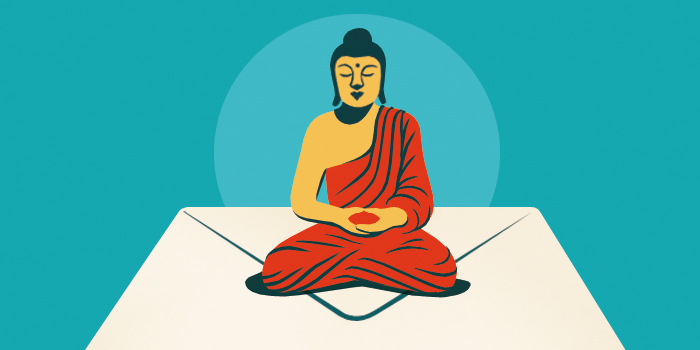What is the importance of faith in Pure Land Buddhism?
Because many Buddhist practitioners in the West arrived at their Buddhist conviction via a rejection of faith-based theistic religion, they often have come to regard faith as the opposite of knowledge. This, however, is not the case in Pure Land Buddhism, where faith is central to the religion, and rests upon experience.
Shinjin and anshin are two Japanese words for faith. The first refers to the experience of the arising of faith, and has some common ground with the Zen ideas of satori [awakening]or kensho [seeing one’s true nature]. Anshin refers to settled faith, or peaceful mind. (For mind, here, we could also say heart, as these are the same word in Chinese and Japanese.) Settled faith, good heart, and peaceful mind are virtually synonymous terms in Pure Land Buddhism. The state of having one’s heart at peace is essentially one in which one has a secure faith. This does not necessarily mean that one has adherence to particular beliefs, but rather that one has confidence, assurance, and willingness; proceeds in faith and take life as it comes; and one trusts oneself. Pure Land teaches it is valuable not to shy away from the idea of faith, but to realize its vital importance in life.
The practitioner, having realized the futility of self-power, entrusts himself or herself to the limitless flow of merit that derives from the Buddha. This is called taking refuge, and it is the fundamental religious act of Buddhism. Whatever form of Buddhism one practices, one enters by taking refuge. In Pure Land, the act of saying the nembutsu is a distinctive way of reaffirming refuge and rely upon the protection and assurance provided by other-power.
Pure Land Buddhism teaches that faith is the opposite of relying upon one’s ego. It is both letting go and receiving. This is like being in the ocean. If a person falls into the sea, he might initially thrash about trying to save himself, but the efforts he expends only make the situation worse. When he relaxes and has faith in the ocean, he discovers that it holds him up and he floats on the surface. In the same way, a person first coming to Buddhism is likely to think that by making a great effort she will succeed in achieving enlightenment. If, however, she realizes that this effort to possess and master the teaching is actually self-defeating, as Pure Land teaches, she may find that there is a more natural, less stressful way through the route of entrusting. This realization may come as a revelation experienced as liberating (shinjin). If he or she then practices in this way, the faith will become stabilized through experience (anshin).

Tricycle is more than a magazine
Gain access to the best in sprititual film, our growing collection of e-books, and monthly talks, plus our 25-year archive
Subscribe now